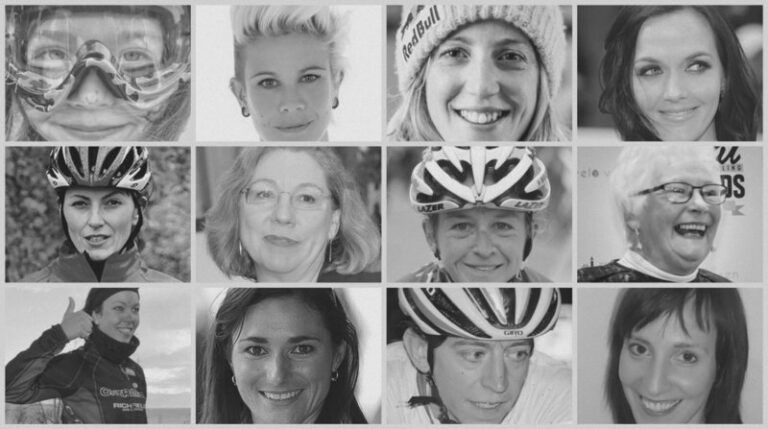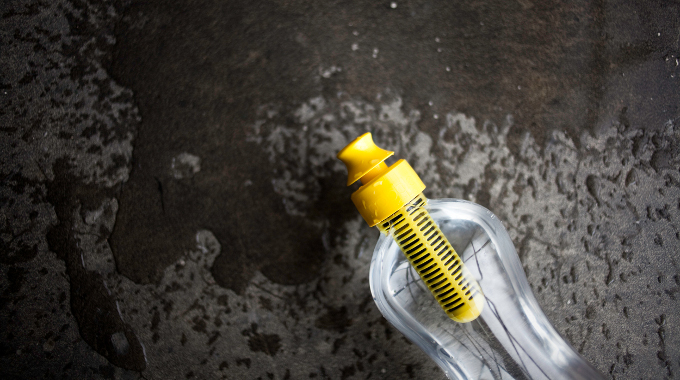Many of us battle with depression. It is a disease that can strike any of us at any time. For those of us who have suffered an episode of depression or watched someone close go through it, you will know that it can be a devastating experience.
Total Women’s Cycling contributor, Sarah, speaks openly and movingly about cycling and depression, and how riding brought her back from the dark depths.
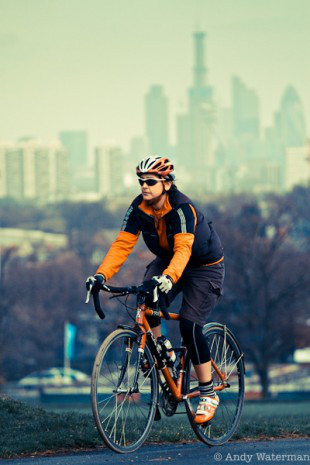
If you’d have told me when I was younger how much cycling would mean to me, I wouldn’t have believed you.
As a kid in the 80s, I’d done my fair share of BMX racing, but the greater part of my teenage years and twenties was spent sans cycle.
This all changed, when a series of events lead me to rediscover cycling, during my recovery from depression.
In 2003 my work situation was getting me down. In a position where I spent most of the time in an office on my own, it was all too easily to isolate myself.
Simultaneously, I was trying to cope juggling studying for a postgraduate course while still earning money. Cope perhaps is the wrong word, as it soon became apparent that I wasn’t coping.
Inevitably, I cracked.
It was a simple, “Are you alright” from one of my flatmates that opened the floodgates. She gave me a shoulder to cry on and advised me to seek help from my GP.
A few days later, I took my flatmates advice. I was about to have one of the most important discussions of my life.
My GP diagnosed depression and after a lengthy chat I left the surgery with a prescription for Fluoxetine and a sense of hope.
Cycling and Depression: Creating change
The same flatmate was also a keen mountain biker, and a regular at the Beastway Race Series in London. Local clubs would take turns to help marshal races and one day, her club was short on numbers. She wondered if I might like to help out.
And, the rest as they say is history. That’s how I became a member of the Structureless Tyranny – the organisers behind the Beastway Series.
Spending time in the open air staking out the course each week, signing on the riders, judging – it was a new community.
One week, I was convinced to have a crack at racing on my old rigid steel Kona. Although I spent the entire race repeatedly being overtaken by small children, finishing exhausted, more importantly I felt exhilarated, for the first time in a long while.
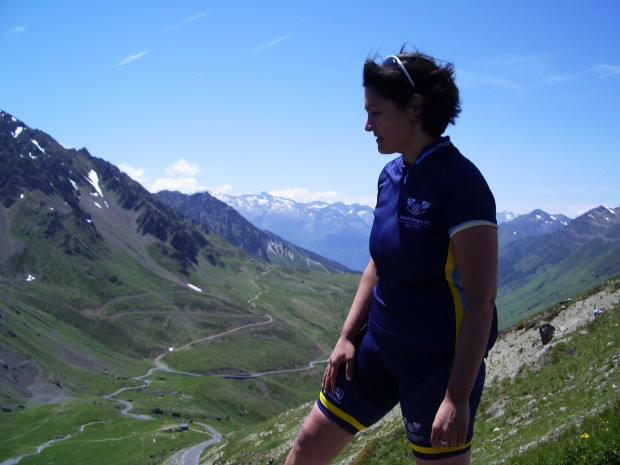
In the first few years I raced rarely but the enthusiasm of others increased my interest in riding. I’d venture out of town on the train to Sussex, where I used to live, and do a few miles around the South Downs.
I remember very proudly announcing to my parents that I’d ridden about 25 miles on one occasion. I started commuting too. And lo! Six month later I bought my own road bike, a second-hand number from ebay. Road was becoming My Thing.
Over the years the number of bikes increased, I joined my first cycling club, London Phoenix. I didn’t really race but rode.
Later, when I moved it made sense to make contact with another local club, Dulwich Paragon so I could keep the routine Saturday club ride.
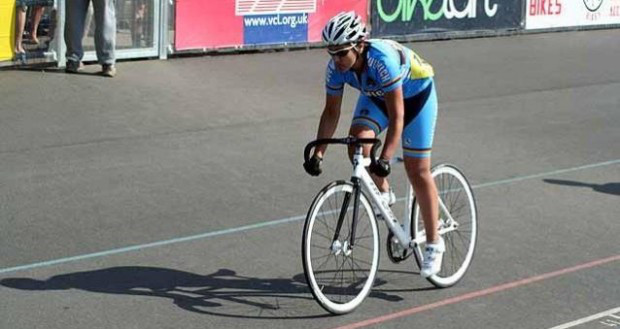
Joining Dulwich Paragon was one of the most significant factors in my development as a cyclist both in physical fitness and mental wellbeing. It gave me regular exercise. It gave me a new social group and many new friends who encouraged me to try longer, harder rides.
Saturdays weren’t Saturdays if I didn’t go on the club ride.
Back in the dark days of 2003 I didn’t really know much about cycling. I could have named a handful of famous cyclists and I certainly hadn’t heard any who had talked about depression either openly or in euphemistic terms.
I later heard of Graeme Obree, the record-breaking cyclist who twice tried to take own life, but it seems to be only recently that experience of depression has become publicly aired among sportsmen and sportswomen.
Maybe it’s partly the awkward juxtaposition of mental ill-health and physical fitness – besides as Juvenal did write mens sana incorpore sano.
Cycling ticks so many of the boxes
- It gives you exercise
- It gives you head space as well as physical space
- It gets you out of the house
- It can be as friendly or as solitary as you want to make it
- It can make you independent
- It gives you the ability to travel outside of the vagaries of public transport or traffic
- It can make you aware of your surroundings, the countryside, the gradient of the landscape
- It makes you tired, properly, healthy sleep-well tired.
A little over a year ago I got the news that I was to be made redundant. From a post I had held for twelve years. Not surprisingly, I went to pieces. I had to go straight back to the doctor and go back on anti-depressants as it was much more that just cycling alone could manage.
The winter of 2013 seemed to go on forever and I couldn’t even face riding out through the south London suburbs to the North Downs. Turbo became my lifeline.
The thing is, even when I’m feeling crappy, if I can force myself out of the door and out for a ride I *know* I’ll return feeling so much better. When depressed, it’s trickier. This is where the social importance of cycling and depression really kicks in and keeping in touch with cycling matters via my friends cannot be underestimated.
As soon as I do get back out there on the bike I remember and the passion returns.
When I’m finding things tough I use yoga, Pilates and mindfulness to counter stress, anxiety and depression. I think I could cope without these others but I can’t imagine a life without cycling. It’s not the cure-all for depression but, for me, it’s as close as I can get.
Need help or advice on depression, visit the Depression Alliance website for more information.
If you found this article on cycling and depression interesting, we think you may like these too:
Celebrating the Sisterhood: Cycling’s Most Inspirational Women


